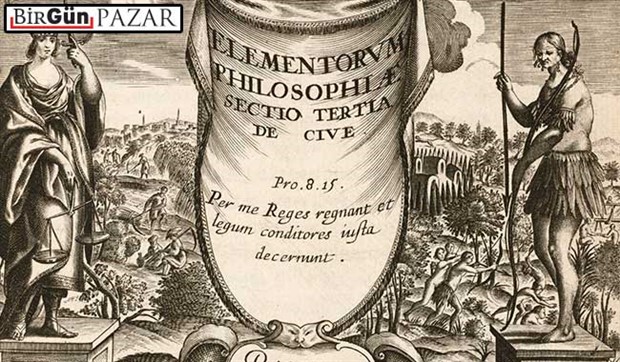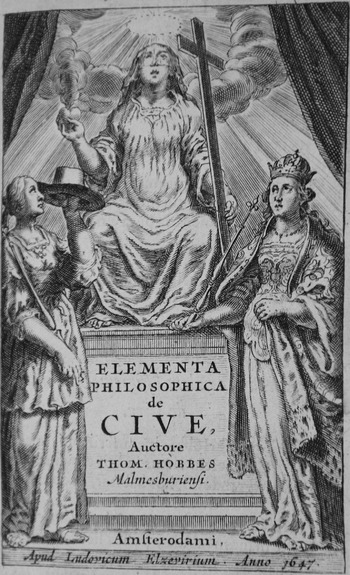The social contract theories of Thomas Hobbes and Jean-Jaques Rousseu were firmly rooted in their differing views about human nature. Hobbes, who advocated for a strong absolute monarchy, began with the belief that human beings were naturally contentious and prone to destroy one another without a strong sovereign over them.
Rousseau believed that humans are naturally compassionate and are not prone to harm one another. His social contract theory based on the General Will is rooted in this idea that since an individual is benevolent, so much a large group.
In 1651, Thomas Hobbes famously wrote that life in the state of nature that is, our natural condition outside the authority of a political state is ‘solitary, poor, nasty brutish, and short.’ Just over a century later, Jean-Jacques Rousseau countered that human nature is essentially good, and that we could have lived peaceful and happy lives well before the development of anything like the modern state. At first glance, Hobbes and Rousseau represent opposing poles in answer to one of the age-old questions of human nature: are we naturally good or evil? In fact, their actual positions are both more complicated and interesting than this sentence suggests.

The question of whether humans are inherently good or evil might seem like a throwback to theological controversies about Original Sin, perhaps one that serious philosophers should leave aside.For many years this is the question that many people have been arguing for. Of course they didn’t conclude to a result but there are two sides of thinking. After all, humans are complex creatures capable of both good and evil. To come down unequivocally on one side of this debate might seem rather naive, the mark of someone who has failed to grasp the messy reality of the human condition. Maybe so. But what Hobbes and Rousseau saw very clearly is that our judgements about the societies in which we live are greatly shaped by underlying visions of human nature and the political possibilities that these visions entail.
”Hobbes saw societies divided by war and offered a road to peace. Rousseau saw societies divided by inequality and prophesised their downfall.”
This way of putting things adds a twist to the usual narrative, where Hobbes is supposed to be the pessimist, and Rousseau the optimist. If that’s true of their ideas of human nature, the opposite is so when it comes to their evaluation of modern politics. If you think that modern life is characterised by self-interest and competition, then one response is to sit back and wonder at how such individualistic creatures ever managed to form peaceful societies. But if you think that there’s a better side to human nature – that we’re naturally good – then you’re more likely to ask: where did it all go wrong? Hobbes saw societies divided by war and offered a road to peace. Rousseau saw societies divided by inequality and prophesised their downfall.
These rival perspectives still divide the world today. Has capitalism turned us into enemies who endlessly compete with one another for profit and prestige, or has it discovered a relatively benign way of coordinating the activities of millions of people across any given state without degenerating into conflict? How you answer this question will largely depend on what you think the alternatives are, and those alternatives will be based on assumptions about human nature: whether we’re good or evil, which is to say whether it’s possible to organise societies around the best aspects of our nature – empathy, generosity, solidarity – or whether the most we can hope for is finding ingenious ways of turning our self-interest to good use. Even if you believe we’re naturally good, however, the question remains whether it’s possible to harness our best qualities under modern social and economics conditions. And on that question, it is Rousseau , not Hobbes , who gives us the most reason to despair.


